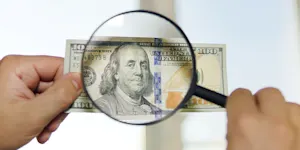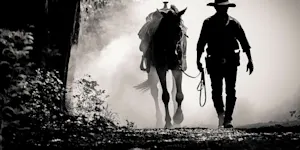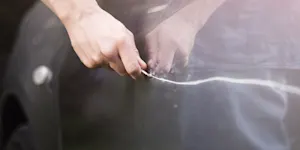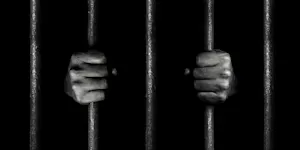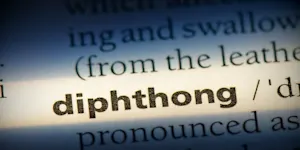What Makes This Word Tick
"Brouhaha" is a delightful word that encapsulates chaos, uproar, and hubbub all in one. It's what you'd call a spirited commotion—when things get riled up without a clear cause. Picture a splash of energy and noise, like a flock of birds suddenly taking flight.
If Brouhaha Were a Person…
Imagine Brouhaha as that one friend who always arrives late to the dinner party with an elaborate story, filling the room with laughter and chatter. They're excitable, bring a whirlwind of excitement, and leave everyone buzzing—wondering what on earth just happened.
How This Word Has Changed Over Time
Originally rooted in French, "brouhaha" has maintained its sense of senseless uproar for centuries. It once referred to the excited cries of a crowd and has since nestled comfortably into English as a more playful way to describe chaos—a testament to its unchanging charm.
Old Sayings and Proverbs That Use Brouhaha
While "brouhaha" isn't the star of any ancient proverbs, it's a word that could easily feature in a saying like, "Much ado about nothing," capturing the essence of noise over nothing of real consequence.
Surprising Facts About Brouhaha
A fun tidbit is that "brouhaha" is thought to mimic the confused noise of crowd chants and outbursts. This word's appeal also lies in its phonetic playfulness, which makes it fun to say—like words such as "hullabaloo" or "kerfuffle."
Out and About With This Word
"Brouhaha" is perfect for describing situations like a grand bazaar suddenly erupting into a negotiation frenzy or the spirited debates that flare up at family gatherings. It's apt for the wild clamor of a surprise birthday party when the guest of honor finally arrives.
Pop Culture Moments Where Brouhaha Was Used
From sitcoms to cartoons, "brouhaha" fits right in when characters find themselves in outlandish mix-ups or comical pandemonium. It's the kind of lovely chaos you'd see in an episode of "I Love Lucy" or amidst the antics of "The Muppet Show."
The Word in Literature
In literature, "brouhaha" often surfaces in comedies or farcical tales where misunderstandings and mix-ups cause delightful chaos. Think of Shakespearean comedies or novels about dysfunctional families where every character adds to a bigger uproar than intended.
Moments in History with Brouhaha
The Boston Tea Party is a historical event that truly captures the essence of a "brouhaha." An uproarious protest against taxation without representation, it was a rowdy scene that signaled revolutionary change—perfectly embodying the spirit of this word.
This Word Around the World
While in English, "brouhaha" paints a picture of commotion, in other languages, similar concepts like the German "aufschrei" or the Spanish "algarabía" also convey spirited uproar. Different cultures express that same energy and chaos through their unique linguistic twists.
Where Does It Come From?
"Brouhaha" traces back to the Late Latin phrase "barukh habba," used in liturgical chants, and morphed in Old French into a term suggesting an uproar. Its origins exude a certain musicality, enhancing its rhythmic, lively usage today.
How People Misuse This Word
People sometimes casually use "brouhaha" to mean any minor fuss, but it truly shines when describing full-blown chaotic affairs. It's not just any quiet squabble but an enthusiastic eruption of hubbub.
Words It’s Often Confused With
HubBub: Both imply noise and confusion, but "brouhaha" often suggests a humorous take.
Uproar: Similar intensity, yet "brouhaha" carries a playful edge.
Kerfuffle: This is more about fuss, whereas "brouhaha" is louder and livelier.
Additional Synonyms and Antonyms
Synonyms for "brouhaha" include ruckus, commotion, and pandemonium, while its antonyms would be peace, tranquility, and silence—perfect for contrasting that vibrant energy.
Want to Try It Out in a Sentence?
"In the midst of the office brouhaha over the sudden policy changes, Janet calmly sipped her tea, unfazed by the fury around her."




